What are the best flowers for pressing?
If you are new to the hobby of flower pressing, knowing the best flowers for pressing will go a long way to getting some fantastic results with your flower pressing and quickly build confidence in your new pastime.
If you are new to hobby flower pressing and want to know all about this elegant pastime why not read our complete guide to the hobby of flower pressing. It’s packed with everything you need to know to press flowers successfully!
There is nothing more disappointing than preparing your blossoms for the press and finding a soggy mess some weeks later. Some flowers will press more quickly and successfully than others and we are sure that our helpful list of 12 of the best flowers for pressing will increase your enjoyment and pleasure in this traditional craft.
Here is our top 12 list of the best flowers for pressing!
We have chosen blooms that are well recognized and easy to source, either as part of a bouquet that you will dismantle and use or perhaps by growing and picking your own.
1. Zinnias
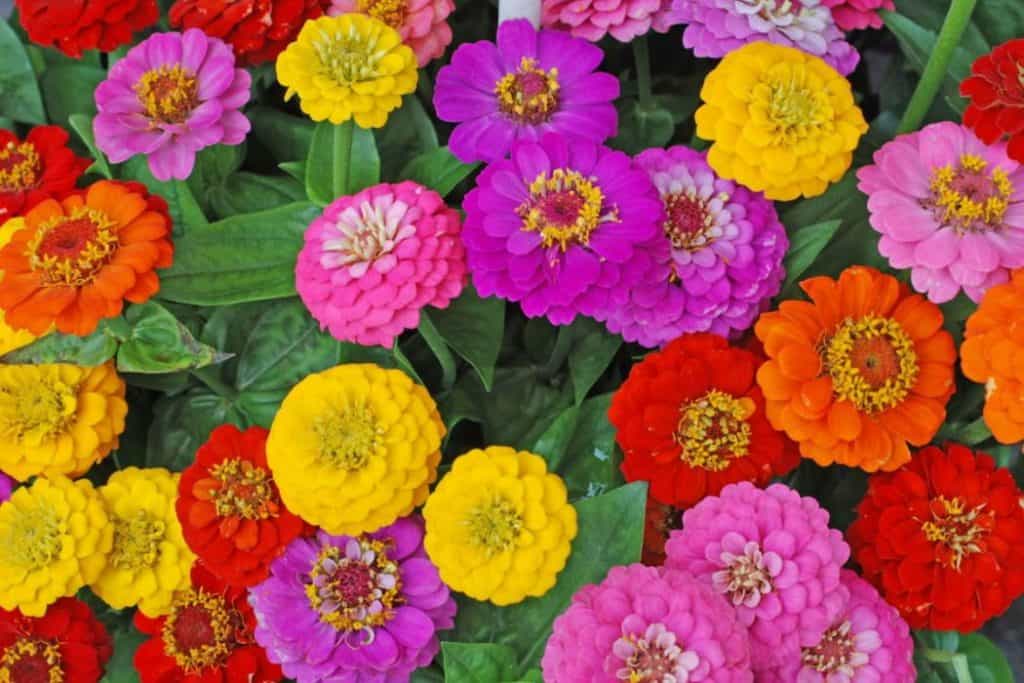
Zinnias are spunky and colorful flowers with loads of personality. These members of the daisy family (Asteraceae) a pleasure to grow and many keen gardens will press them to preserve their diverse bright colors.
Their petal arrangements also vary widely from single-flowered Zinnias to double-flowered Zinnias and everything in between. This means that you will have lots of visual interest in the pressed flowers. Zinnias are known to dry and press well when placed in a flower press.
2. Pansies
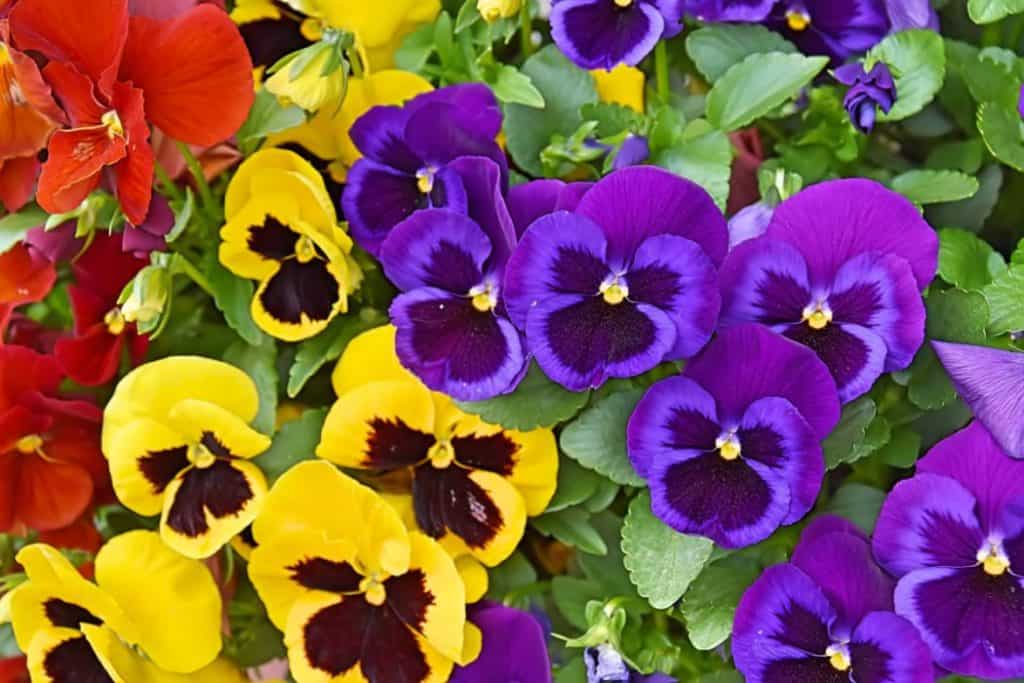
Pansies are a classic for flower pressing. The clownish beauty and well-saturated color of violas and violets (other names for pansies) mean that you can achieve great results with pressing using a variety of methods.
A key advantage of pressing pansies is the flatish shape of the upper side and large lower petals that give you a real head start on pressing.
3. Cosmos
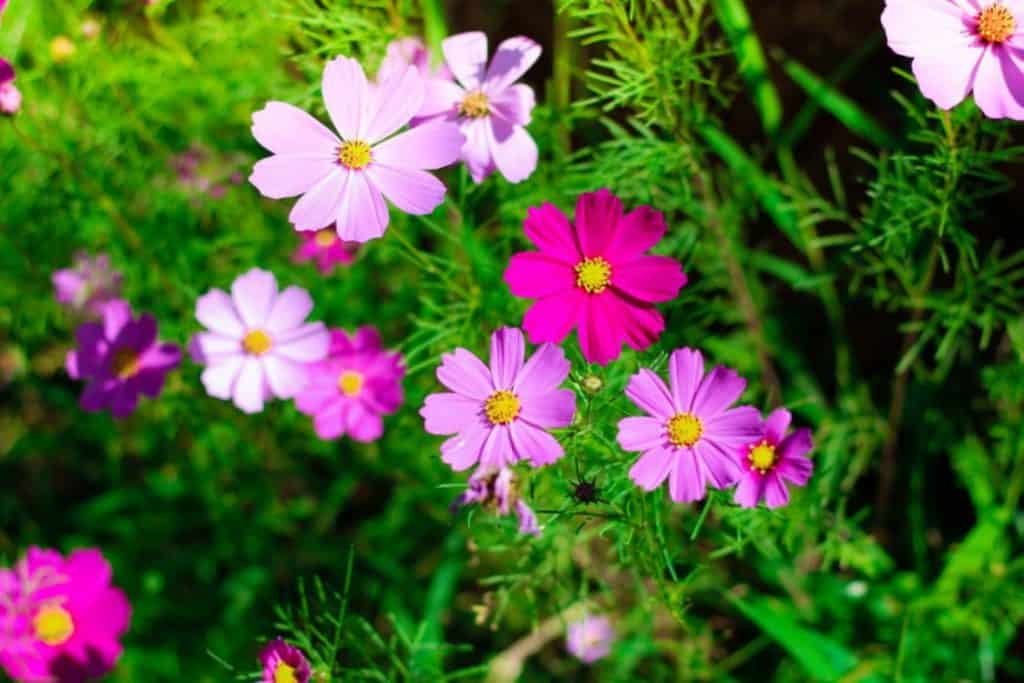
Cosmos is another member of the daisy family and like Zinnias makes great pressing. This well-known perennial produces very colorful blooms with the classic composite daily flower head consisting of a ring of broad ray florets and disc florets at their centers.
Despite the denseness of the flower center, Cosmos presses very evenly and effectively when enough weight is used.
4. Clematis
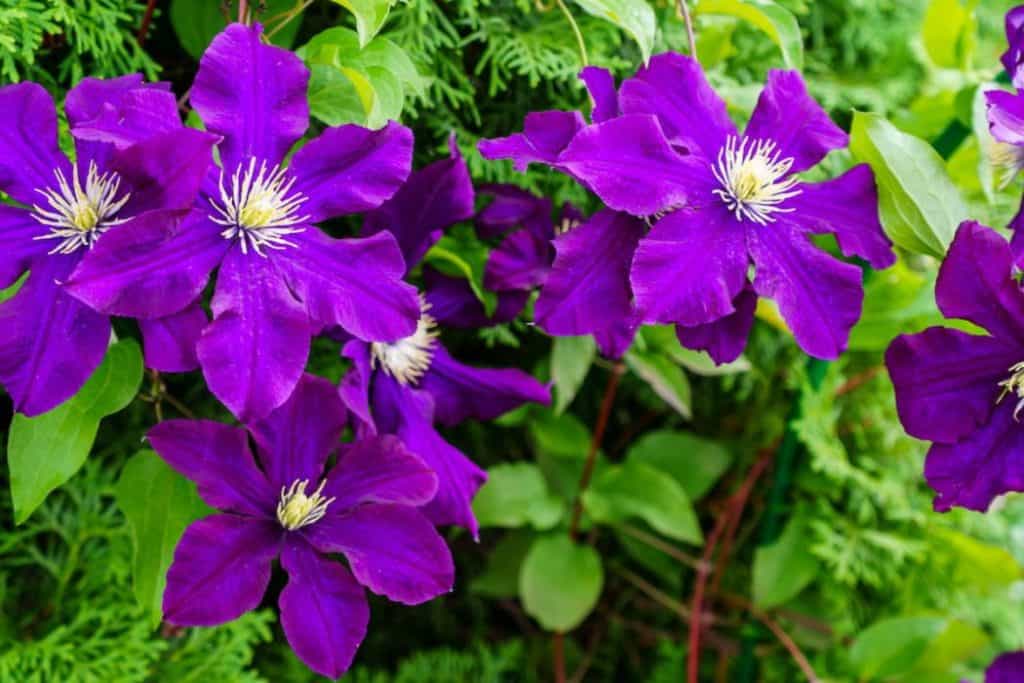
Clematis flowers often have dramatic coloring and petal patterns. These sunny blooms will add dimension to your flower pressing project.
Flowers within this species can vary quite widely from those with prominent seedheads or those cultivars that have fleshy petals.
The key to pressing these successfully is a careful arrangement on your blotting paper to ensure that the petals are evenly spread out and good weight is applied to the center of the flowers.
5. Dahlias
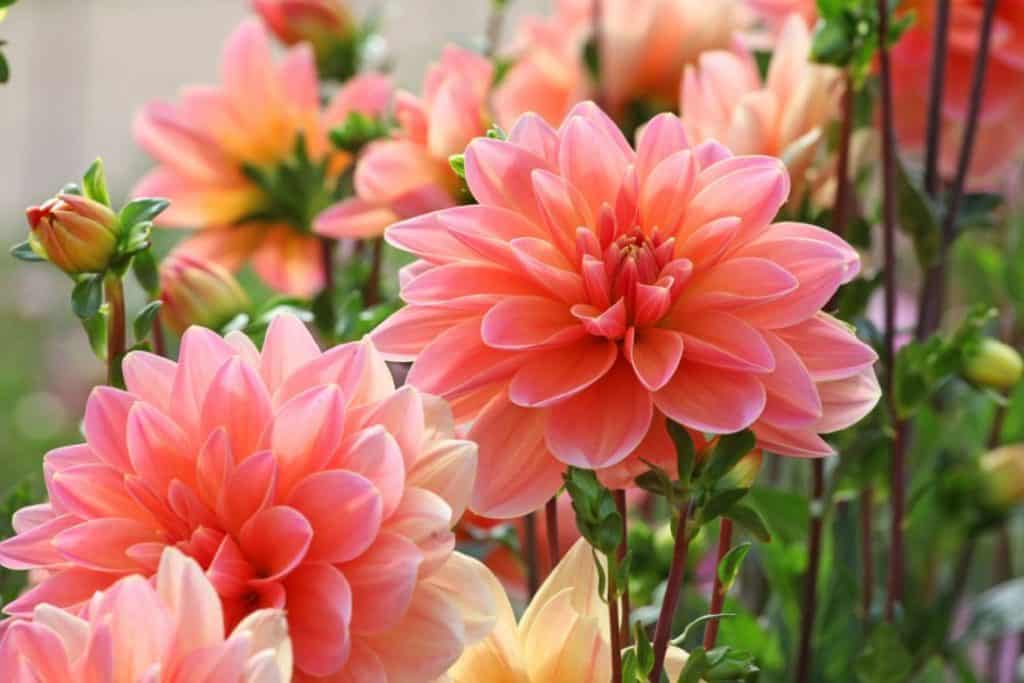
Dahlias are the Rolls Royce of flowers, but its composite flower head with multiple whorls of florets can seem daunting to the hobby flower pressing novice.
However, if you confidently place your dahlia upturned on the blotting paper and apply even pressure you should enjoy some delightful results.
6. California Poppies
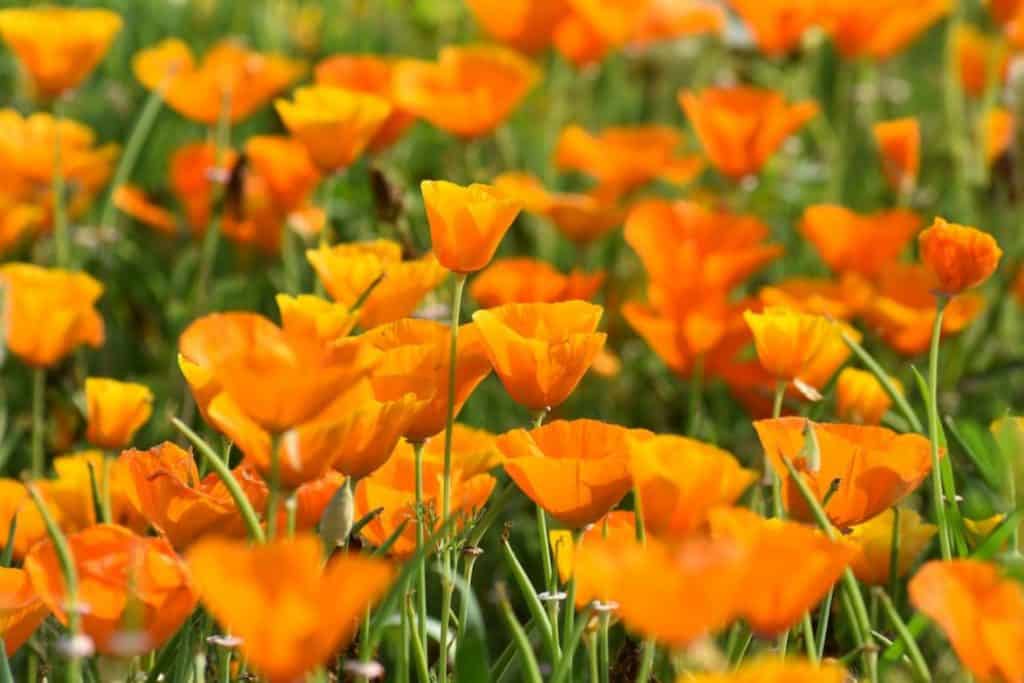
Eschscholzia californica is also known as Cup of Gold or California sunlight is a real feelgood flower.
Its four distinctive skirt-like petals press beautifully and they are so thin and flexible that you will be able to arrange them to your suiting with ease.
You can press them open or close, they will look stunning either way.
7. French Marigolds
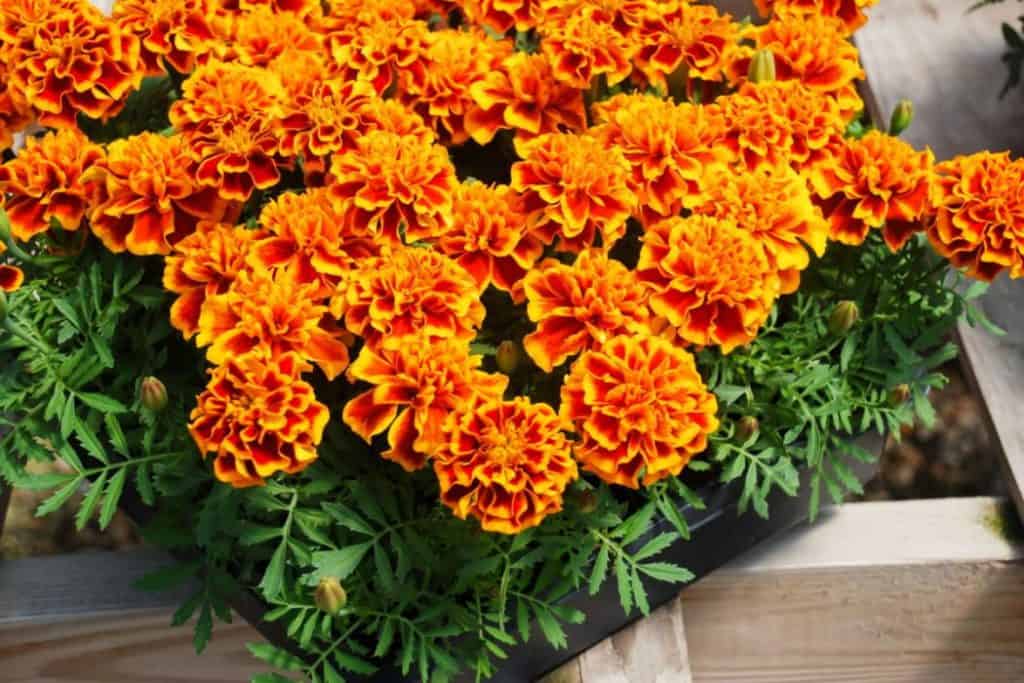
This Mexican beauty is also known as Tagetes Patula are known for their pungent oils that are beneficial in organic gardening. Its daisy-like arrangement of richly hued velvet petals makes it a hardy candidate for the flower press.
If you want to get good results with the Marigold, its thick center can get the better of the press.
The best workaround is to remove the luscious petals from the center and press them separated. Once pressed you can reassemble the flower without the center.
8. Rose of Sharon
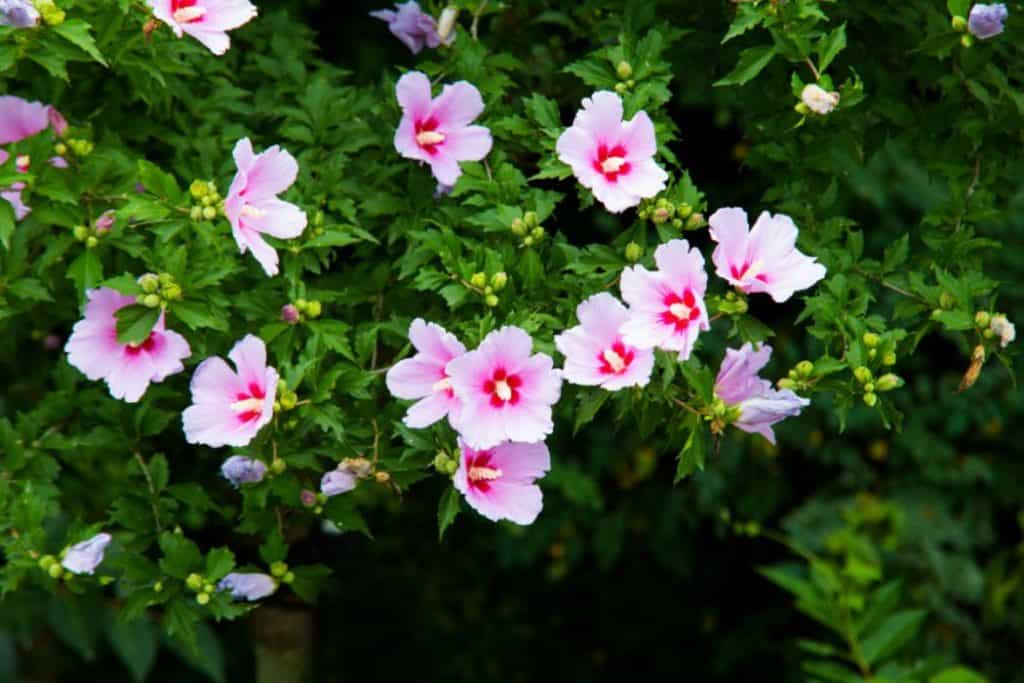
Hibiscus flowers are a great choice for an exotic pressed flower display. Its trumpet-like flowers are often light in color but are accented by some deep and vivid pinks and purples that have a striking effect.
The petals are thin and therefore easily manipulated for arrangement.
Don’t forget the classic stamen, which can be pressed separately because of pollen and reassembled with the pressed flower design.
9. Verbenas
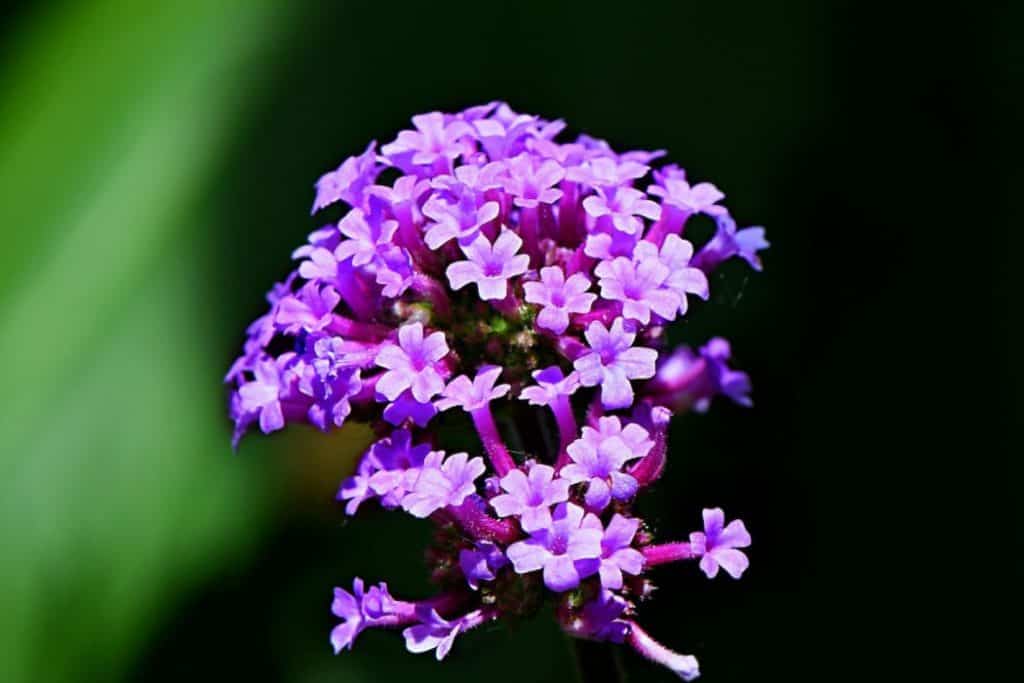
This large family of distinctive 5 petaled small flowers, in shades of blue and violet, are ideal for pressing flat in large quantities to add detail to other projects.
Typically some shade of blue, they may also be white, pink, or purple, especially in cultivars.
This very unique flower adds depth and color to your project and is very easy to press and maintain it’s true beauty.
10. Shrub roses
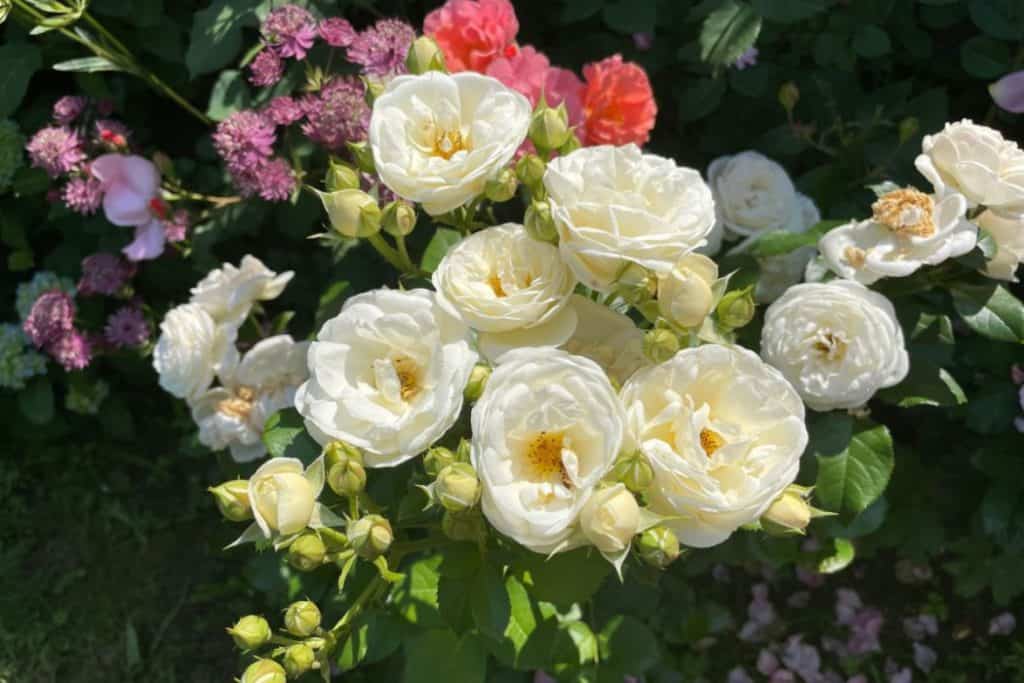
If roses are a firm favorite, shrub roses offer the best opportunity to get good results as they are less compact and easy to dismantle. Pressing roses is not easy as the center of the flower can be dense with petals.
Deconstruction is key, pressing petals separately and reassembling the pressed rose with just a little bit of creative license.
11. Queen Annes Lace
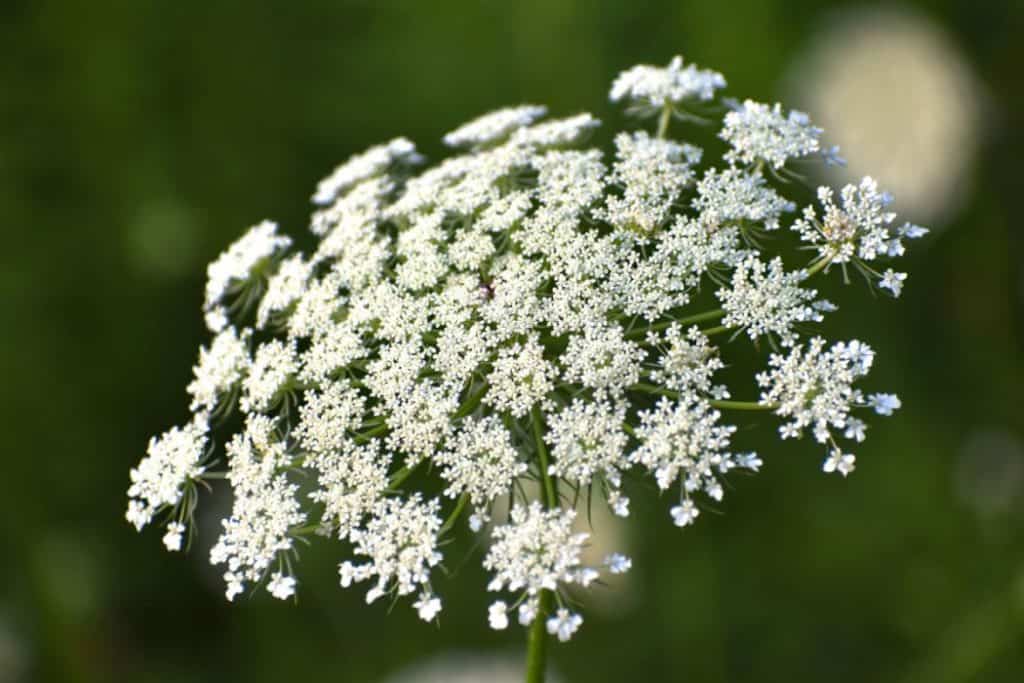
These clusters of small white flowers also known as Wild Carrot is very easy to press flat and creates a visually appealing and intricate display.
Queen Annes Lace can be adapted to a range of flower pressing projects and looks particularly pleasant pressed in wax paper or sealed in glass.
12. Borage
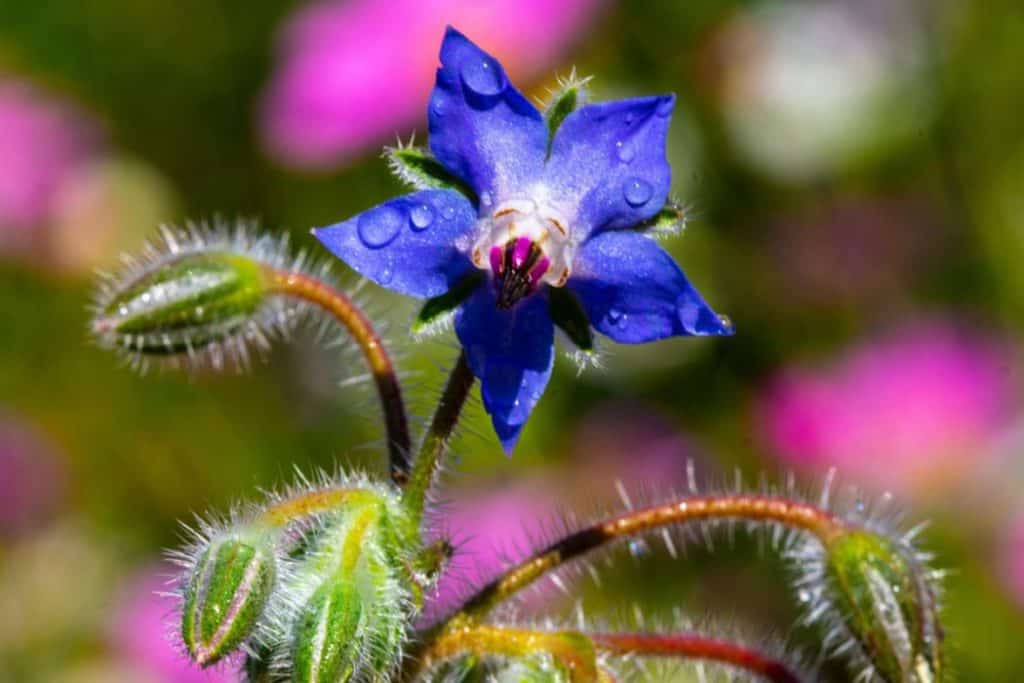
Don’t be put off by the delicate appearance of this star-shaped flower. Bugloss is easy to work with.
The flowers can be picked or pressed whole with the stems.
As this plant has many culinary and alternative health uses, it is ideal for including in a herb-themed pressing.
Last-minute top tips for the best flowers for pressing
- Pick your candidate blooms at their best!
Look for the best specimens for successful pressing, they should be unblemished and structurally intact. If you are picking flowers they are best picked in the late morning when any dew has dried and they are fully open.
- Add detail by pressing herbs grasses foliage
A pressed flower display is just a little bit bare without some added greenery. You do not always have to press the leaves that come with the flower, You may want to experiment with herbs like dill or ferns that can be readily pressed and used to add interest to your project.
- Familiarize yourself with the parts of the flower
You will need a good recollection of the constituent parts of a flower which will help you intelligently dismantle and debulk the flowers you are going to press.
- Expect pressed flowers to fade
Even when you choose vividly colored flowers, the action of air and sunlight will fade and alter the color over time.
- Take your time
Flower pressing is as much art as it is experimentation. You are likely to need to practice your new skill many times to gain an understanding of what you can achieve with pressing particular flowers. If you use a flower press or weights to press your flowers, give them enough time to achieve the best results.




